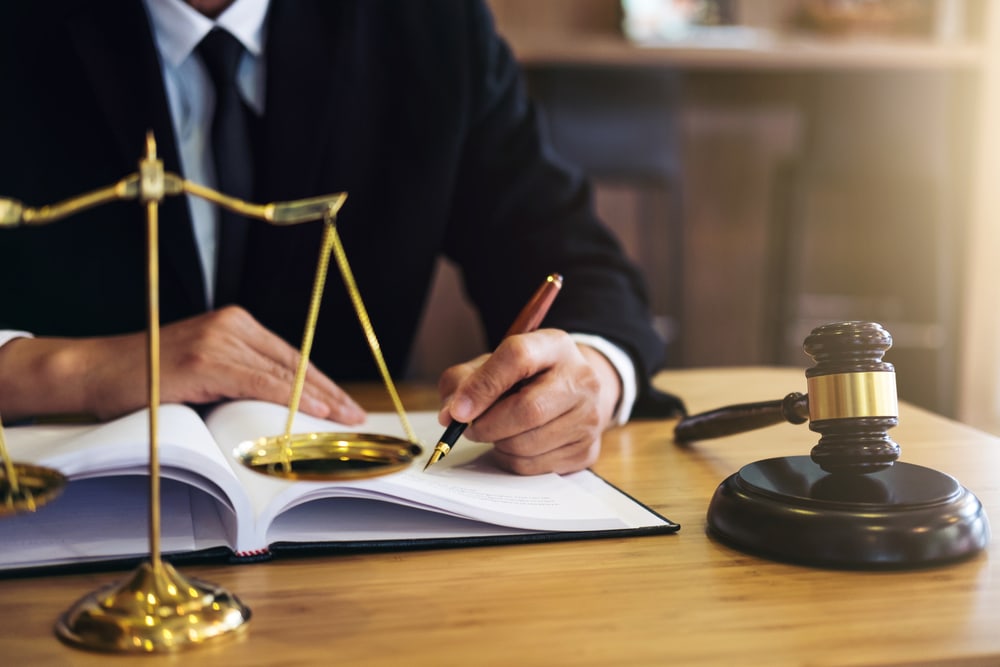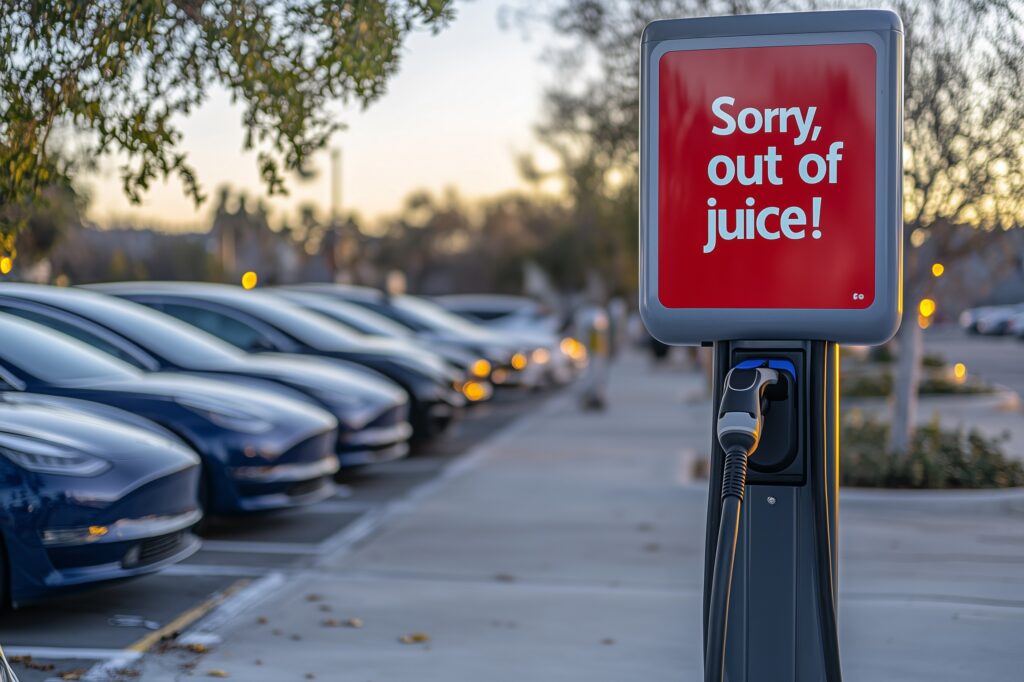Selling AI-generated fake porn is (probably) a good way to get sued
“The videos are probably wrongful under the law whether or not money is exchanged,” Charles Duan, associate director of tech and innovation policy at the advocacy group R Street Institute think tank, told me. “But what’s important is that the commercial exchange creates a focal point for tracing and hopefully stopping this activity. It might be easy to be anonymous on the internet, but it’s a lot harder when you want to be paid.”
Deepfake makers’ creations infringe on both the copyrights of the porn performers, and the celebrities whose faces are taken from interviews or copyrighted publicity photographs. Duan told me that in cases of copyright violation, one of the best ways to prove wrongdoing is through financial payment processors, such as credit card companies or banks. “Financial institutions are generally single points of failure for people trying to hide improper activity,” he said.
For the two groups of people who are currently most targeted by deepfakes—celebrities and porn performers—copyright laws could provide some protection, after the images are posted. Like celebrities who’ve copyrighted the use of their images, porn performers whose videos are used in deepfakes have slightly more control over their own likenesses than private citizens. Porn sites often have a link for filing a report under the Digital Millennium Copyright Act (DMCA), a 1998 law that escalated penalties for distributing copyrighted work on the internet without permission. That starts the process of a takedown notice.
“The makers of the video would have a perfectly legitimate copyright property case against the uploader, and they would be able to take advantage of the DMCA to have the website take the vid down,” Duan said. “Chances are, a similar practice would work as well for these sorts of videos… Not on behalf of the victim [whose face is being used] but the maker of the video. Which is the weird thing about that whole situation.”









